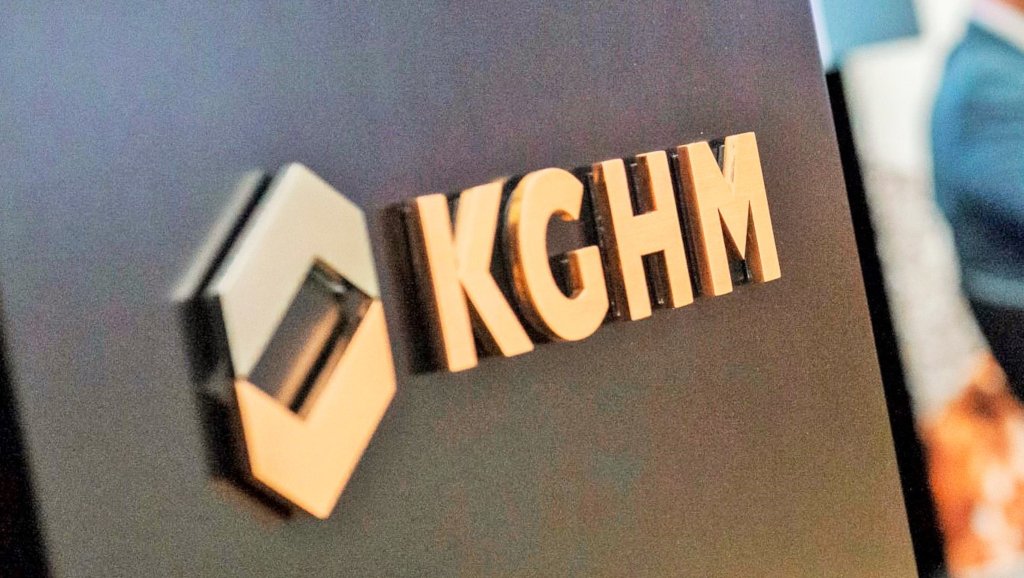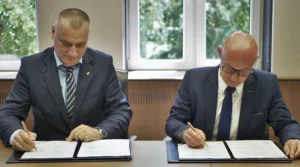What goes in Poland on 29th of March.
KGHM receives USD 250 million loan to aid green transition
KGHM and PKO Bank Polski signed an unsecured loan agreement to the tune of USD 250 million. The copper company has emphasized that the credit is part of the strategy and will help with investments on its way to the green transition.
PKO Bank Polski provided KGHM with financing in the form of revolving credit lines. The loan will be used to finance general corporate purposes, including the refinancing of a USD 150 million of debt under a loan granted by PKO BP in 2018. The remaining amount of the available loan will increase the possibility of supporting the development of investments, including those related to the green transformation of the company.
KGHM reports that the loan availability period is five years with the possibility of a two-year extension. The interest rate is set on an annual basis, at a variable interest rate equal to the reference rate, plus a margin.
„We consistently optimize our financing and reach for long-term financial instruments. The loan granted by PKO Bank Polski proves our business credibility and increases investment opportunities. We are translating the bank’s trust into solid and satisfactory results for the company,” said Mateusz Wodejko, Director for Investments at KGHM.
„We are pleased with our long-term cooperation with such an important partner as KGHM. The solution offered to the client by our bank is an example of an individual approach to the needs in the field of financial security. Heavy industry and mining are an important element of the Polish economy. Thanks to the experience and global position of the Group and cooperation with a strong financial partner such as PKO Bank Polski, today’s challenges facing KGHM and the Polish economy will be easier to achieve, and the green transformation, which is one of the strategic goals for our bank, will be implemented faster,” said Paweł Gruga, vice president of PKO Bank Polski, who heads the management board.
Cooperation between state-owned companies and banks usually means financial support in the form of working capital, guarantee lines and lines of credit needed to service contracts with suppliers and subcontractors.
KGHM/Jędrzej Stachura
Azoty collected the first ethylene cargo at Police harbor
On March 27, Grupa Azoty Polyolefins received the first delivery of ethylene at the Police gas terminal as part of the Polimery Police project.
The 3,500 tons of ethylene were delivered as part of a test. The Polimery Police investment implemented by Hyundai Engineering is ready at over 99 percent and will increase the production of plastics in Poland, with polypropylene on top of the list. It’s worth USD 1.8 billion. Thanks to the investment Azoty will be able to import 13,000 tons of ethylene per year and produce 437,000 tons of polypropylene per year.
Grupa Azoty Polyolefins is a Grupa Azoty special purpose vehicle implementing the Polimery Police project in order to diversify Azoty’s activities in the chemical sector, which until now focused on the production of fertilizers. The production of plastics is intended, among other things, to reduce Poland’s dependence on imports.
Grupa Azoty / Wojciech Jakóbik
Azoty wants to build a research nuclear microreactor
On March 29, Grupa Azoty is to sign a cooperation agreement on the construction of a nuclear power research facility with a microreactor from Ultra Safe Nuclear Company.
USNC owns a technology for building nuclear microreactors that run on TRISO fuel, which is stored in capsules designed to increase operational safety. Azoty is interested in using this MMR technology in its industrial installations in West Pomerania.
BiznesAlert.pl has previously written about a USNC project in Finland, where the company’s first experimental reactor is to be built at Lappenratt University. MMRs can power small industrial plants or provide local communities with energy and heat if the technology enters the market.
Wojciech Jakóbik









